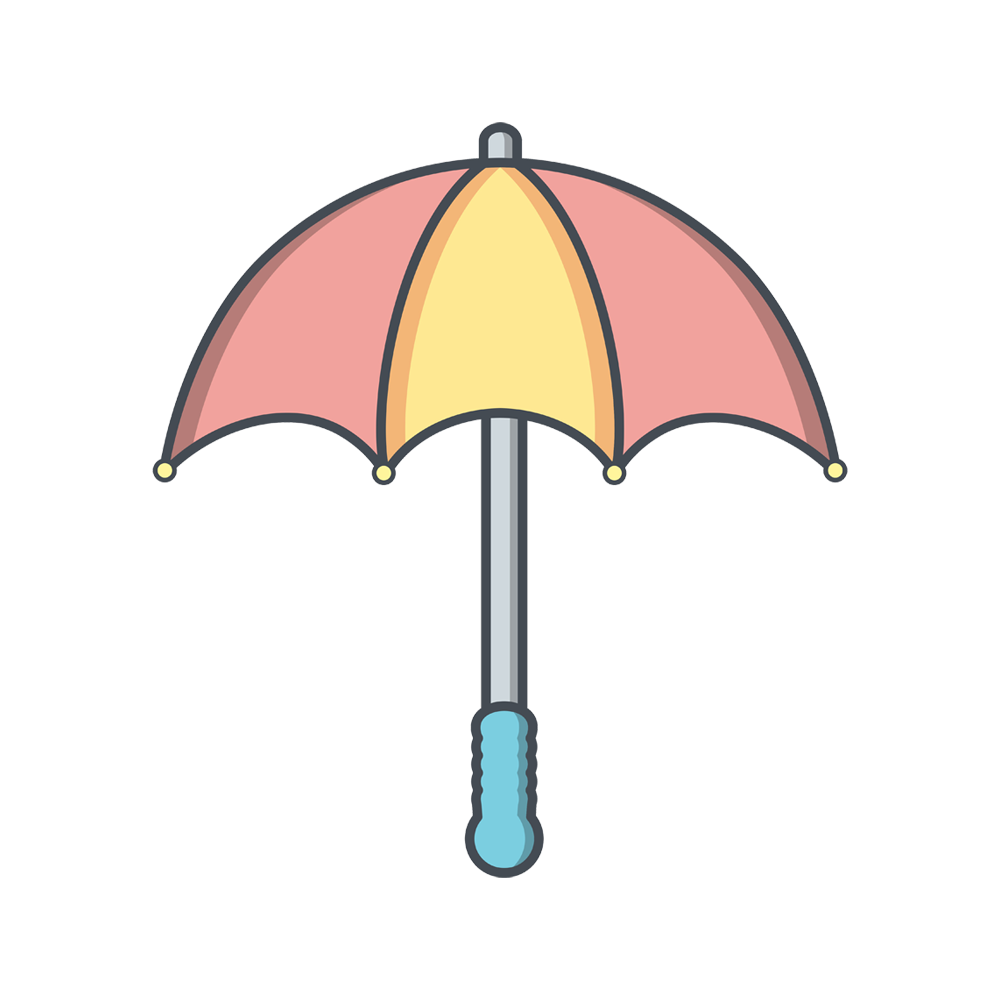
In the event of a prolonged illness or disability that renders you unable to work, income protection can substitute as a portion of your income. It will continue to provide you with payments until you recover and return to work or when the policy expires. Or in the unfortunate circumstance of your passing.
What is income protection insurance?
If you are unable to work due to an injury or illness, income protection is an insurance policy that can provide financial compensation. This type of policy typically offers coverage until retirement, death, or until you return to work. However, some policies are available for shorter periods of one or two years at a lower cost. It is important to note that neither income protection nor short-term income protection will offer coverage if you are made redundant. Some policies may offer assistance when returning to work after a period of sickness.
It is important to differentiate income protection from critical illness insurance, which offers a lump sum payment in the event of a serious illness.
With income protection, there is usually a waiting period before the benefit becomes payable. The length of the waiting period you choose will have an impact on your monthly premium, with longer waiting periods resulting in lower premiums.
Why do I need income protection insurance in UK?
The majority of employers only provide support to their employees for a year or less during a period of sickness-related absence. State benefits are limited. It is therefore advisable for individuals to consider income protection.
How much does income protection cost in the UK?
When determining the cost of your insurance premium, several factors are considered such as your health status, smoking habits, and the amount of coverage you require. However, the type of occupation you hold also plays a significant role in defining the price of your insurance.
Many insurers categorize jobs into risk groups. The risk groups are typically classified as follows:
Class 1: Professionals, managers, administrative staff, individuals with minimal business travel, admin clerks, computer programmers, and secretaries.
Class 2: Workers with high levels of business travel, skilled manual laborers, engineers, florists, and shop assistants.
Class 3: Skilled manual workers and some semi-skilled workers, care workers, plumbers, and teachers.
Class 4: Heavy manual laborers and some unskilled workers, bartenders, construction workers, and mechanics.
Individuals working in high-risk occupations are more likely to make a claim, which in turn could lead to higher premiums compared to those in lower-risk occupations.
Get no obligation and fast advice today
When it comes to your finances there is no such thing as a stupid question.
The internet is not a secure medium and the privacy of your data cannot be guaranteed.
